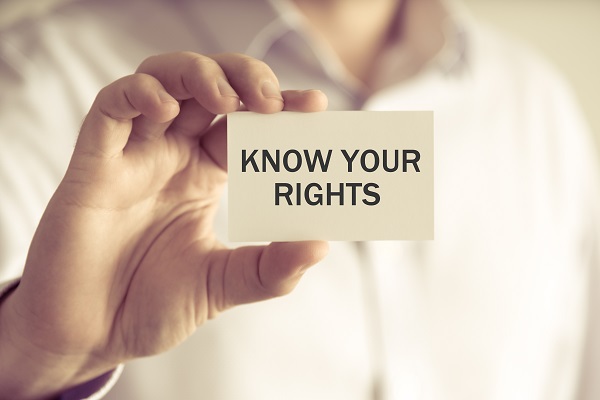Questioning Lab Reports at Trial
A slew of court opinions in the past 10 years examine issues relating to the introduction of lab tests and lab reports at trial. These cases are important in many DUI cases, because the prosecution will seek to use the lab report as evidence, while the defense attorney will try to keep it out of court. Many of the opinions about lab reports relate to Confrontation Clause issues. The Confrontation Clause of the Sixth Amendment to the Constitution requires that a defendant in a criminal case have the opportunity to confront – meaning, usually, to cross-examine – witnesses used against him. In...
Continue reading




